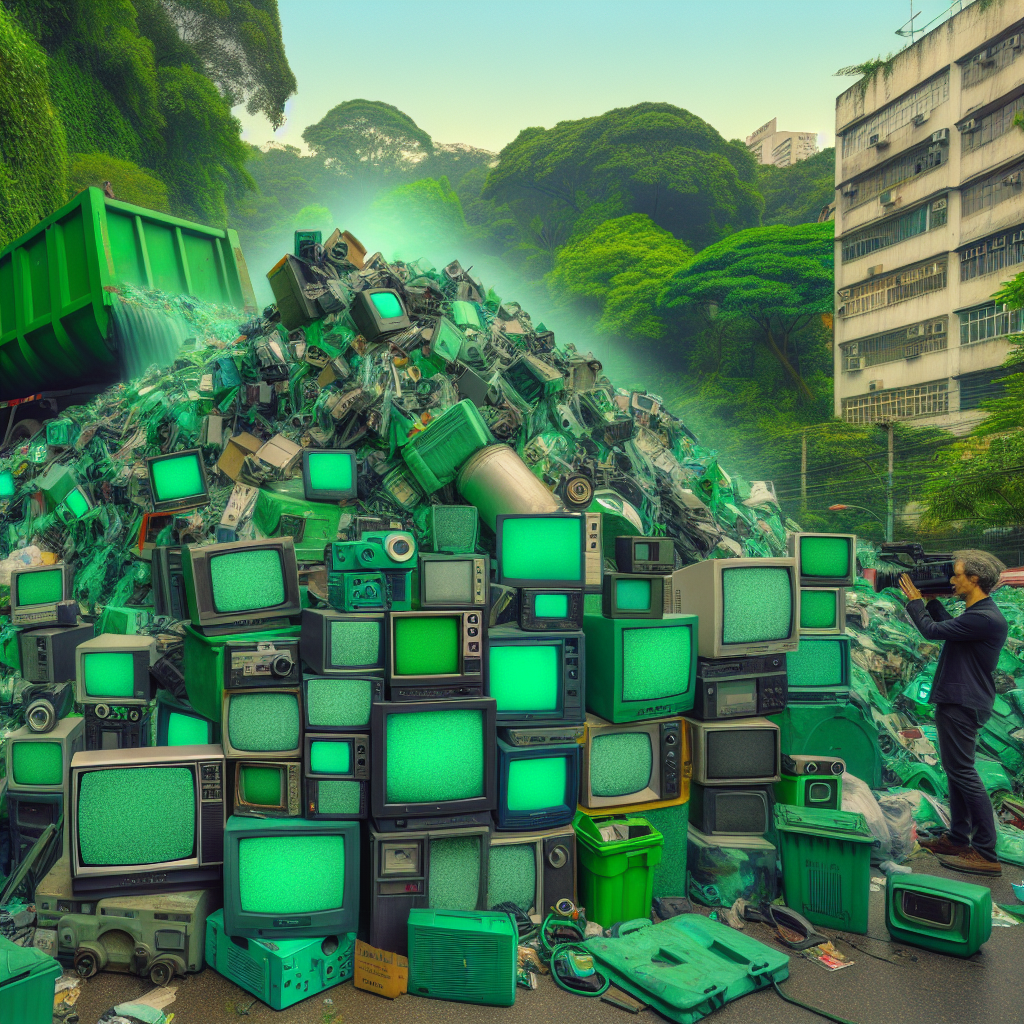Blog Ecobraz Eigre

Removal and Recycling of Inactive Audiovisual Equipment in São Paulo
Introduction to the Removal and Recycling of Inactive Audiovisual Equipment in São Paulo
The proper removal and recycling of inactive audiovisual equipment is fundamental to complying with current environmental regulations and minimizing environmental impacts in the State of São Paulo. Deactivated equipment, such as sound systems, projectors, and connected devices, contain components that require specialized handling to avoid contamination and promote material reuse.
Applicable Legislation and Technical Guidelines
The handling and correct disposal of these equipment must comply with the National Solid Waste Policy (PNRS), established by Law No. 12,305/2010, which sets principles for integrated management and environmentally appropriate management of solid waste. In addition, CONAMA Resolution No. 401/2008 details procedures and criteria for managing electronic waste, emphasizing reuse and recycling.
At the state level, CETESB – Environmental Company of the State of São Paulo regulates the procedures for disposal and treatment of electronic waste according to SMA Resolution No. 55/2014, which provides guidelines for the preparation of solid waste management plans.
Technical Removal Processes
The removal of audiovisual equipment considered inactive must follow a strict protocol to avoid environmental damage and ensure operational safety. First, it is necessary to assess the condition of the materials, separate hazardous and non-hazardous components, and dismantle using appropriate equipment and techniques. Transportation must be carried out by licensed vehicles, with supporting documentation as required by the legislation.
Recycling and Waste Treatment
The devices obtained go through specialized recycling processes involving mechanical dismantling, recovery of metals and electronic components, as well as treatment of residual waste. The main goal is to add value to the materials while minimizing waste generation. Proper forwarding contributes to the circular economy and reduces raw material extraction.
Security and Media Sanitization in Audiovisual Equipment
Information security is a critical factor during removal. It is essential to perform the media sanitization process, especially on storage devices such as HDDs, to ensure the definitive elimination of stored data. This practice is aligned with information security standards and can be detailed in specialized sources, promoting the protection of corporate data. To schedule this service, consult HDD sanitization.
Importance of Scheduling for Proper Collection and Disposal
For preventive and responsible removal, it is recommended to use official collection channels that guarantee the correct forwarding of materials, mitigating environmental risks. Scheduling the collection of inactive audiovisual equipment should be done through qualified platforms based on best environmental practices, such as the service provided at electronic device collection scheduling.
Conclusion
The removal and recycling of inactive audiovisual equipment in São Paulo must be conducted based on current technical and legal parameters, promoting environmental sustainability and regulatory compliance. Proper disposal contributes to efficient resource management, minimizes environmental impacts, and ensures the protection of sensitive data contained in these devices' media.

Deixe um comentário
O seu endereço de e-mail não será publicado. Campos obrigatórios são marcados com *